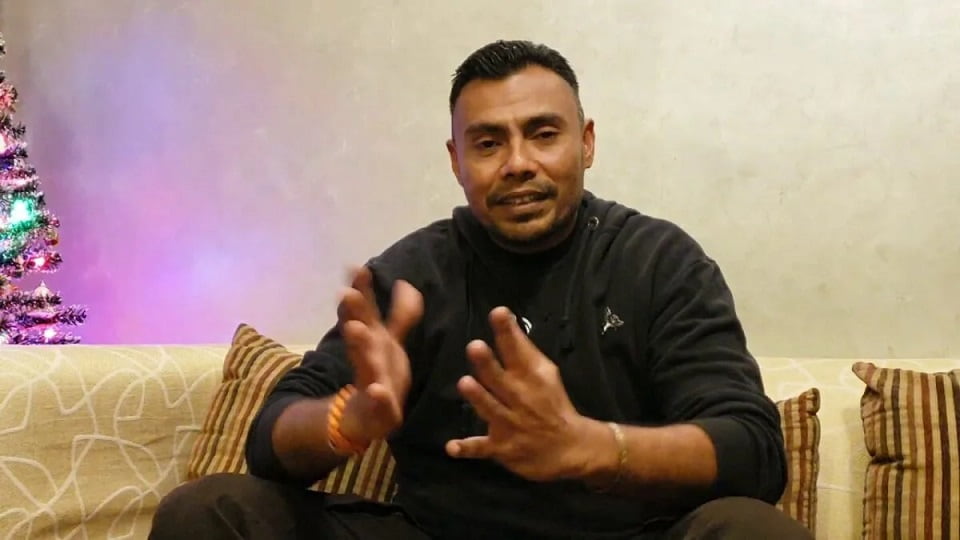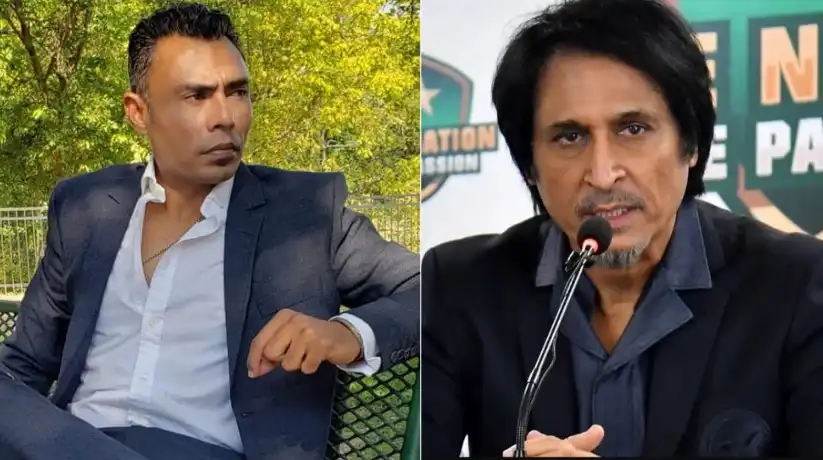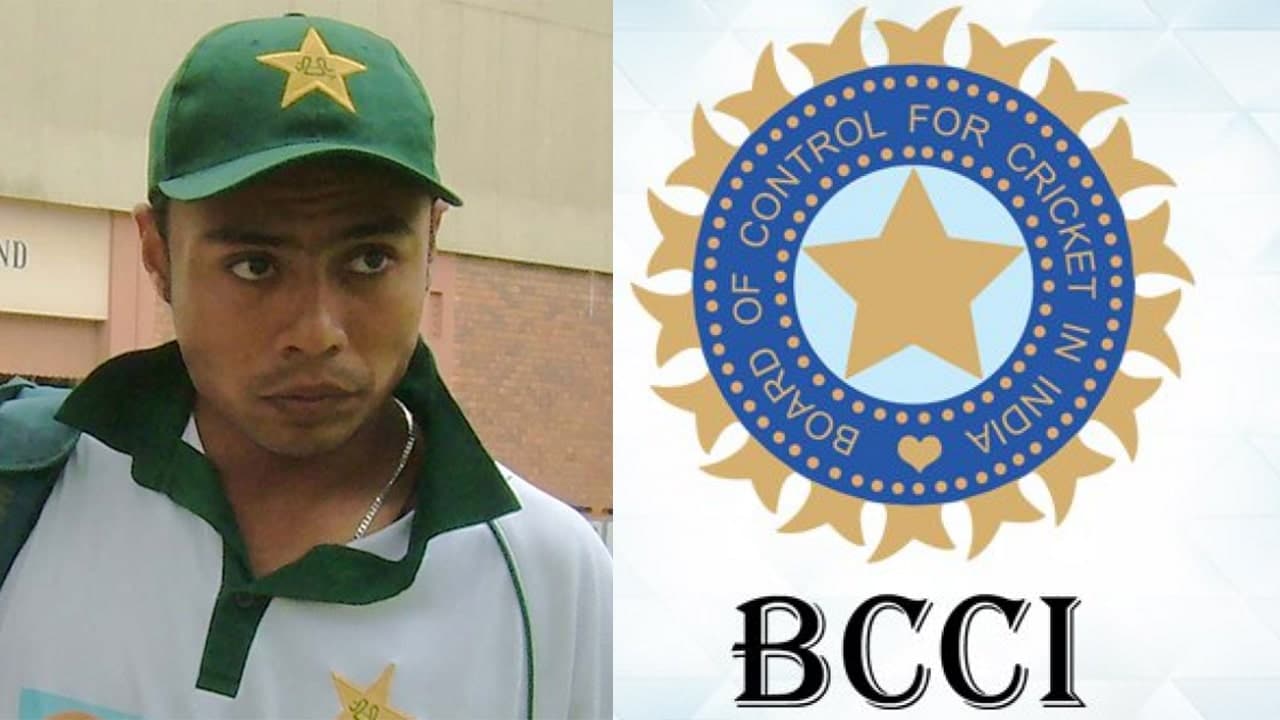Desperate Plea: Danish Kaneria Appeals to PM Modi and BCCI to Lift Life Ban

Desperate Plea: Danish Kaneria Appeals to PM Modi and BCCI to Lift Life Ban
In a recent heartfelt interview, former Pakistan leg-spinner, Danish Kaneria, made a fervent appeal to Prime Minister Narendra Modi and the Board of Control for Cricket in India (BCCI) for assistance in overturning his life ban. Kaneria, aged 42, was handed the life ban by the England and Cricket Wales Board (ECB) in 2012 due to his involvement in a spot-fixing case. His impassioned plea has resurfaced the long-standing debate surrounding his ban and the hopes for a second chance in the world of cricket.
Kaneria’s career, which once shone brightly, took a dramatic turn when he was implicated in a spot-fixing scandal that shook the cricketing world. The ECB, in a move to preserve the integrity of the game, imposed a life ban on the leg-spinner, effectively ending his international career.
Kaneria, who played a pivotal role in the Pakistani cricket team, has since lived under the shadow of this ban, yearning for a chance to redeem himself and return to the sport that he loves. The former cricketer’s appeal to the Indian Prime Minister and the BCCI is an act of desperation to find a way back into the world of cricket and clear his tarnished reputation.
The plea, however, has ignited a renewed debate about the ban’s fairness and the possibility of redemption in the world of cricket. Supporters of Kaneria argue that he has served a severe punishment for his past actions and deserves a second chance. The former leg-spinner has expressed remorse for his involvement in the spot-fixing case, and many believe he should be given an opportunity to contribute positively to the sport.

Danish Kaneria’s plea to Prime Minister Narendra Modi and the BCCI is not without precedent. In the past, political leaders and cricketing bodies have intervened to grant clemency to players who have faced bans or controversies. This is not the first time that the appeal for leniency in such cases has reached the highest echelons of power.
While the legalities and intricacies of the ban are subject to cricketing authorities and regulations, the emotional plea by Kaneria has garnered sympathy from his fans and cricket enthusiasts. Many hope that his plea might lead to a review of his case, opening a window of opportunity for him to make amends for his past actions.
It is worth noting that the cricketing world has witnessed instances where players, after facing bans or controversies, have made remarkable comebacks and emerged as role models for the sport. These stories of redemption emphasize the belief in second chances and personal growth.
The BCCI, as the governing body of cricket in India, holds considerable influence in the international cricketing arena. Their response to Kaneria’s plea will be crucial in determining the future course of his cricketing career. The BCCI, while ensuring the integrity of the game, has, in the past, shown flexibility in reconsidering bans and providing opportunities for redemption.
)
The appeal to Prime Minister Narendra Modi adds a unique dimension to Kaneria’s plea. While the Prime Minister’s role in the realm of cricket is not direct, his support could potentially influence the BCCI and other relevant authorities to reevaluate the life ban. In the past, political leaders have intervened in sporting matters to facilitate the return of players to the field.
The life ban imposed on Danish Kaneria has been a contentious issue for many cricket enthusiasts and experts alike. It raises questions about the proportionality of the punishment and whether individuals who have shown genuine remorse and a commitment to reform should be given an opportunity to redeem themselves. The fact that Kaneria’s case involves international cricket across borders further adds to its complexity.
Moreover, the precedent set in similar cases is crucial to consider. Cricketing history is replete with examples of players who faced bans or controversies but were eventually allowed to return to the game after serving their sentences. This includes players like Mohammad Amir, who was banned for his involvement in the same spot-fixing scandal as Kaneria. Amir’s comeback to international cricket was marked by mixed reactions, but it showcased the possibility of second chances in the sport.

Danish Kaneria’s appeal also highlights the role of cricketing bodies in shaping the future of players with tainted pasts. While maintaining the sanctity of the game is of utmost importance, these organizations have a responsibility to weigh the severity of the punishment against the individual’s willingness to reform and contribute positively to the sport. The cricketing community is closely watching how the BCCI responds to this plea, as it could set a precedent for how similar cases are handled in the future.
In conclusion, Danish Kaneria’s emotional plea for the lifting of his life ban has once again ignited the debate about second chances and redemption in the world of cricket. His appeal to Prime Minister Narendra Modi and the BCCI highlights the depth of his desire to return to the sport and make amends for his past actions. While the final decision lies with cricketing authorities, the sympathetic response to Kaneria’s plea underscores the enduring belief in redemption and the power of a second chance in the world of sports.




